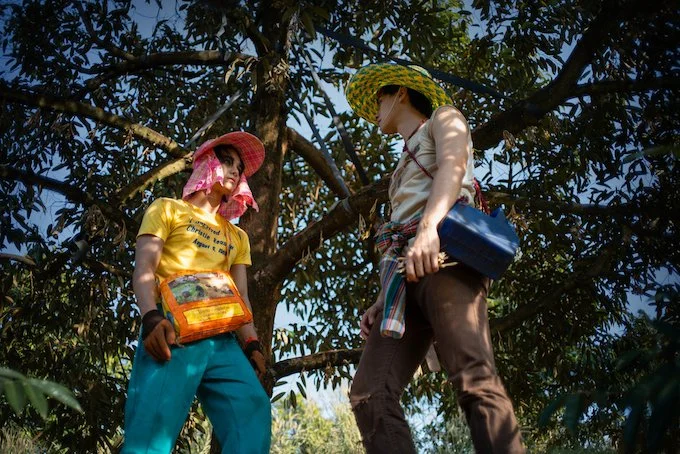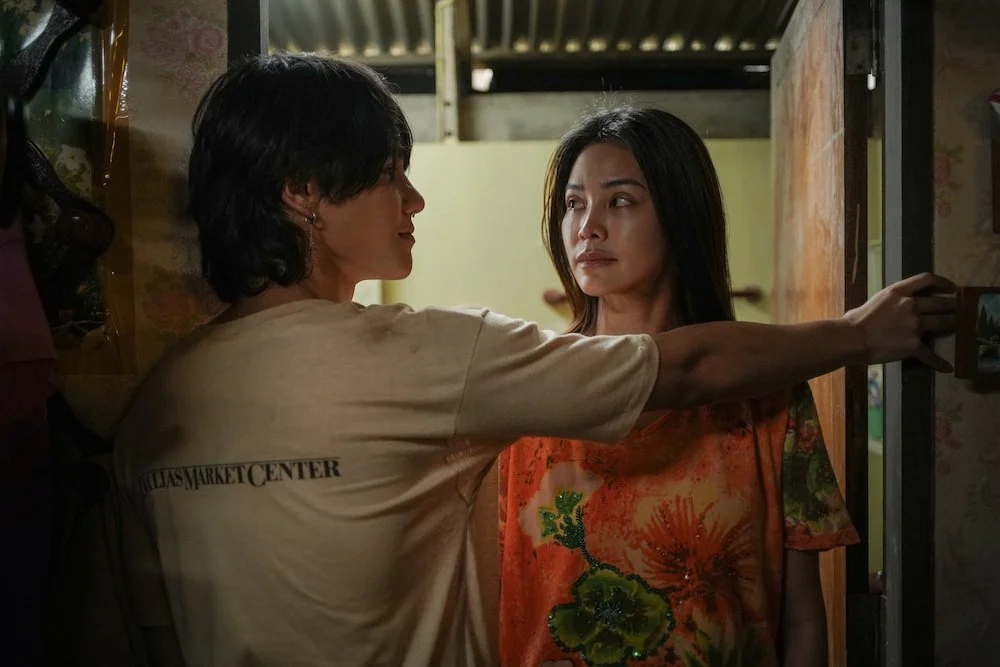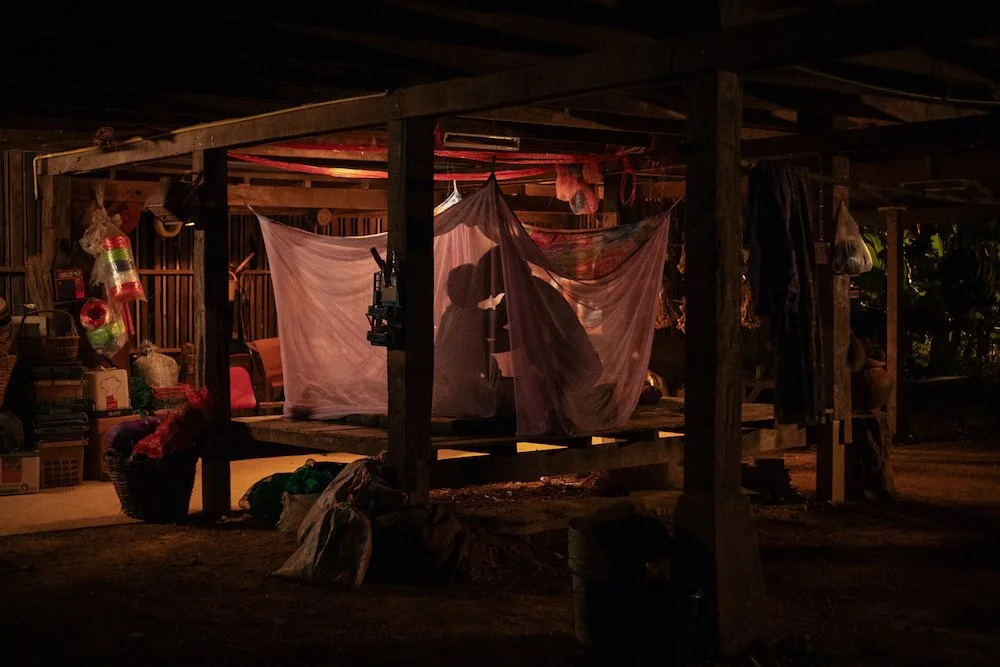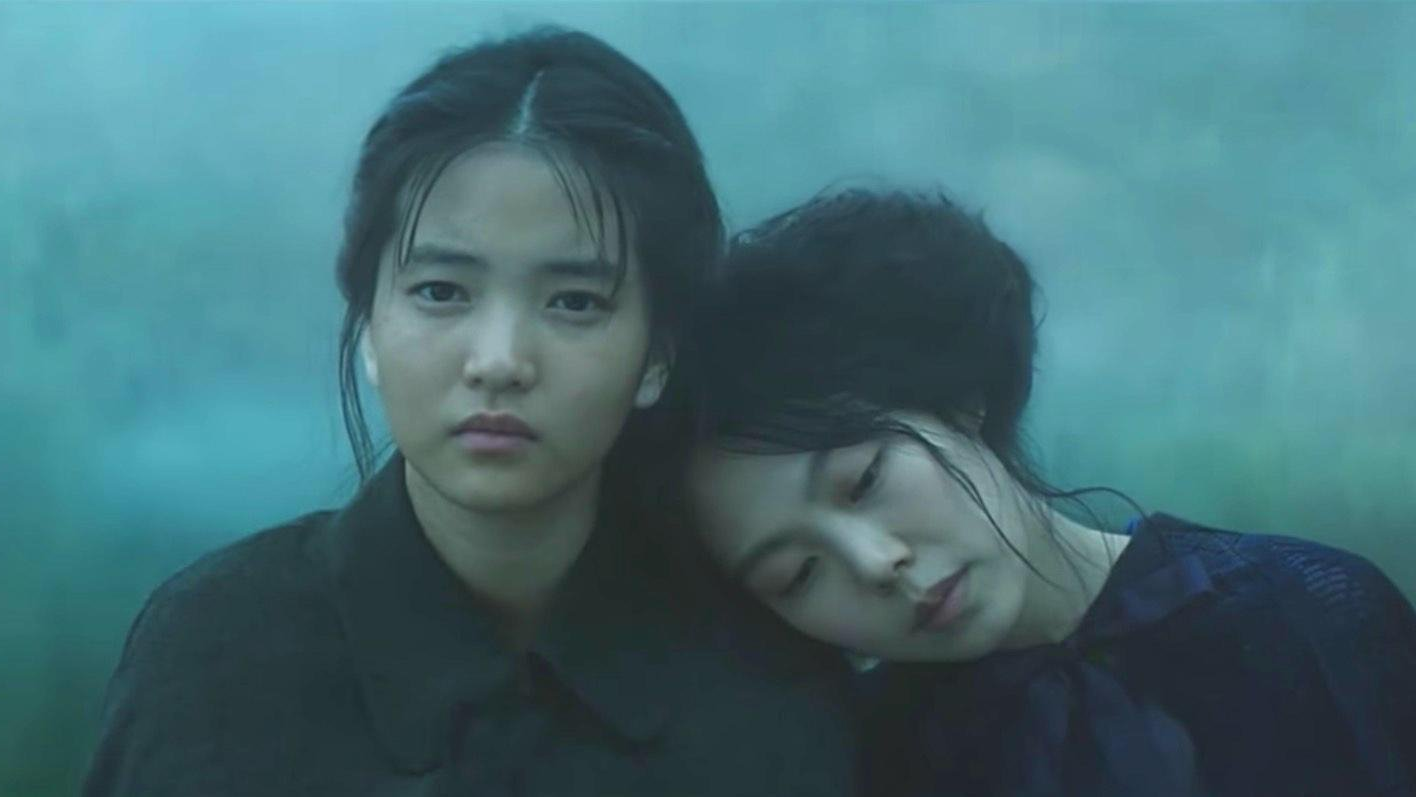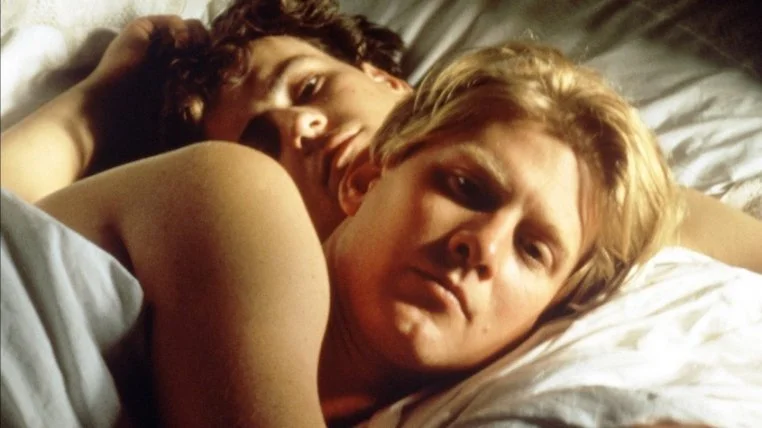Murder Durians
We’re still not quite sure what this movie is about.
The Paradise of Thorns
Director: Naruebet Kuno • Writers: Naron Cherdsoongnern, Karakade Norasethaporn, Naruebet Kuno
Starring: Jeff Satur, Engfa Waraha, Seeda Puapimon, Harit Buayoi, Pongsakorn Mettarikanon
Thailand • 2hrs 11mins
Opens Hong Kong June 19 • IIB
Grade: C
Seeing as that we’re at the height of Pride Month in many, many parts of the world, I guess it makes sense that Naruebet Kuno’s (credited as Boss Kuno on screen) The Paradise of Thorns |วิมานหนาม would make its way to theatres now. Or maybe it was an accident… Either way, here it is, simultaneously timely and completely inconsequential. On the surface, Thorns looks like a Thai spin on Ray Yeung’s All Shall Be Well given its basic story is about a gay farmer who has zero legal legs to stand on when his fellow farmer and husband suddenly dies and the man’s family comes to claim his estate. Barring an iron clad written and registered will it is their legal right. The film opened at home last August – just as Thailand’s Marriage Equality Bill sat on the king’s (?) desk for signature and ratification, so it feels like Kuno was making a point – one he gave up somewhere in Act 2. In September he did sign it, the king, and made Thailand the third place in Asia to legalise gay marriage (after Taiwan and Nepal) and the 40th overall. Only 155 to go.
That’s all fine and good. Maybe Thailand is so enlightened in its stand on same-sex partnerships its filmmakers just don’t give a shit about messing with the message; it ain’t no thing so why not go ahead and fuck around with your story and cut it off at the knees while its making its point? Undermining storytelling on any level and with any characters is frustrating at best, infuriating at worst, and Kuno really does a number on the couple at the centre of The Paradise of Thorns. WTF were they thinking?
Despite the psychotic narrative (co-written by Naron Cherdsoongnern and Karakade Norasethaporn) Thorns became Thailand’s third highest grossing film of 2024, so clearly audiences didn’t mind the loss of focus or garish plots turns. Perhaps Kuno knew the best way to get through to those that still need convincing of the universal right to hate a spouse was through heightened emotions and fevered melodrama. If so, bravo. But that doesn’t explain the baffling choices in this film. Bottom line, The Paradise of Thorns is an “And Then…” movie that has no idea when to enough is enough. It looks great; Tawanwad Wanavit’s cinematography is lush and summery, bursting with natural colour and a palpable, lazy warmth that all-but-officially married durian farmers Sek (Pongsakorn Mettarikanon) and Thongkam (pop star Jeff Satur) lounge in when they’re not tending to their orchard. The farm is technically Sek’s, his father deeded him the land, but Thongkam sold his home in Chiang Mai to finance their durian venture and build the rustic house on the hill they share. After five years together they’re about to turn their first profit. And then Sek dies in a fall. And then Sek’s paralysed mother Saeng (Seeda Puapimon) and her adopted, conniving daughter Mo (pageant winner Engfa Waraha) move in and exert their legal rights. And then Mo moves in her shady brother Jingna (Harit Buayoi, fantastic at gazing into the middle distance) to learn the trade so they can eventually turf Thongkam. And then they go to court. And then Thongkam and Saeng get into a fight. And then they make up. And then Mo’s deep dark secret is revealed. And then Sek’s deep dark secret is revealed. And then Thongkam and Jingna get it on. And then Thongkam becomes a monk (!). And then they all make peace… You get the idea. By the time we get to the third act and its way, way OTT denouement Kuno has frittered away most of the goodwill with needless twists and a bizarre turn to the bloody thriller. Huh?
Hey, who doesn’t like a good shady bitch thriller (see below), but double crosses and hidden agendas only work when they support the characters pulling them off. By starting the story with the injustices Thongkam is facing down, by beginning with a heartbreaking need to justify or prove or validate a long term relationship – and to be left homeless for it because of anitquated laws and blindly accepted traditional customs, which Yeung did a much more considered job examining – it’s even more irritating when the rug is pulled out from under us. Instantly retconning the story to bring Sek’s motives and identity into question is cheating. Giving Mo a perfectly reasonable argument for why she and Saeng deserve the home and the land and then instantly making her over into a rote gold-digger is cheating. Kuno tries to walk the fine line between campy, stealth commentary and serious inquisitive drama and too often falls on the campy side. And that? Is fine too, but it has to be baked into the film from jump. As they stand in Thorns the zigs and zags are less amusing than confounding. And way to pile on poor Thongkam, who as played by Satur is a bit too placid in his fury and confusion to really register. It’s hard to tell if Kuno hates his protagonist or not. If this is the way to win hearts and minds then godspeed, but it’s unlikely to win anyone who demands logic – internal or otherwise – in their movies. When all is said and done the most interesting thing about The Paradise of Thorns is its attention to the minutiae of durian farming. I truly had no idea they grew on trees like giant, distended maces – and yes, like the medieval weapon. Learn something new every day.
Time for MOre Pride
In honour of yet another stupidly necessary observance, here’s a few cool LGBTQ+ flicks to crack open a bottle with. Happy endings only, thanks.
Bound, d: The Wachowskis (1996)
The pre-transition Wachowskis announced their arrival with a sexy, violent, twisty, nearly perfect cult classic noir thriller. Gershon and Tilly? Smokin’.
The Handmaiden, d: Park Chan-wook (2016)
Park’s deliciously entertaining historical grift thriller not only sees the Japanese occupiers vanquished but Kims Tae-ri and Min-hee get the last ‘Ha!’
Maurice, d: James Ivory (1987)
Peak Merchant-Ivory Beautiful White Boy Period Romantic class drama. Hugh Grant, James Wilby and Rupert Graves hide the gay in 1910s London.

